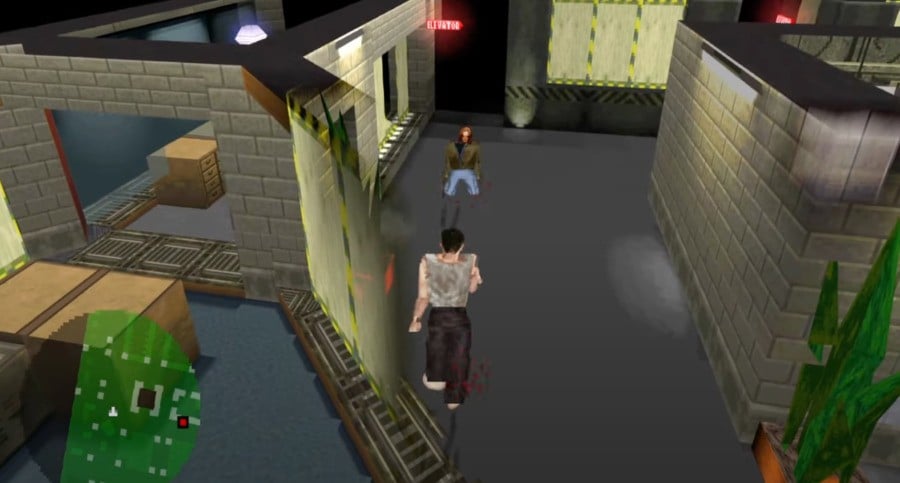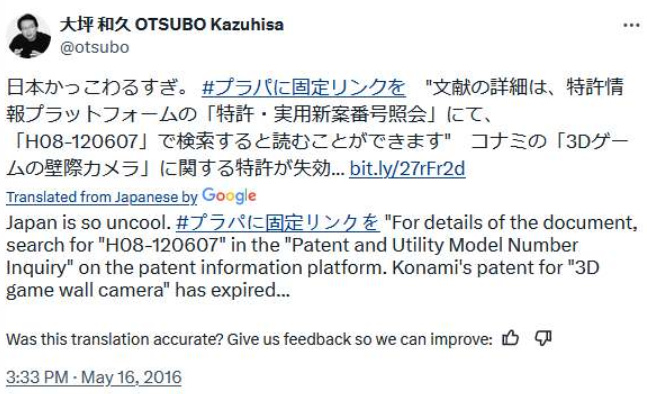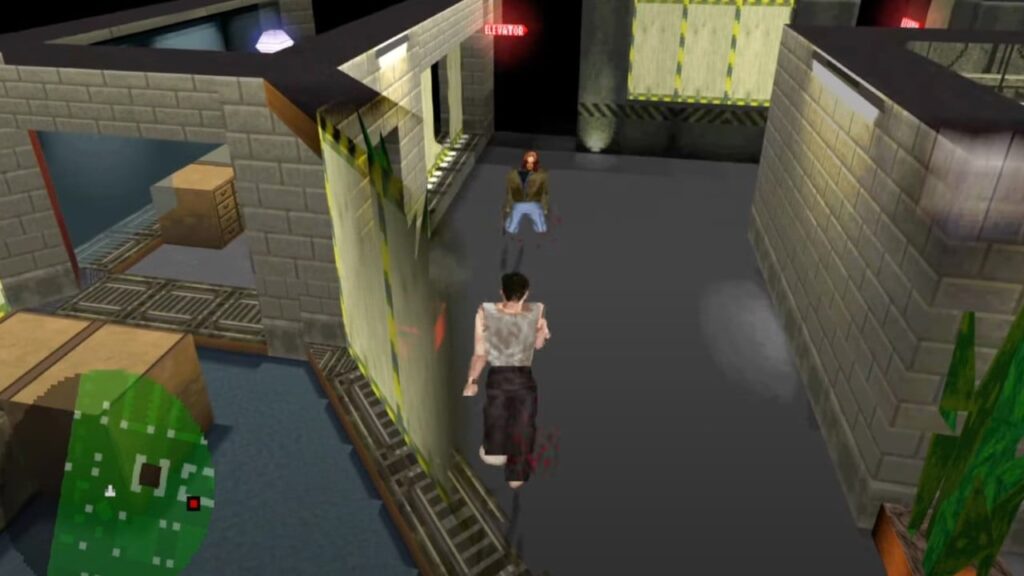
Patents are an important tool for protecting individuals and companies who innovate and come up with new ideas, but unfortunately they can also have negative consequences. When talking to Japanese developers of a certain age, one name comes up more often than any other when it comes to patents: Konami.
During the production of his epic “The Hidden History of Japanese Game Developers” series, game historian and Time Extension contributor John Szczepaniak spoke with Success Corporation's Takahito Yoshinari, who revealed that Alpha System's shooter Shikegami Castle I replicated the “Buzz” mechanic from Psyvariar in Success.
Yoshinari acknowledged that his ideas had likely been copied, but said he had no plans to pursue legal action. “I don't think methods or ideas should be patented or lawsuits brought against developers who innovate based on the work of others,” he told Szczepaniak, citing Konami as an example of how this practice damages the entire industry. “In Japan, Konami is the game maker that is most proactive in protecting their ideas. Personally, I am very against the way Konami operates.”
Szczepaniak subsequently discovered that Konami had previously filed several patents in Japan, one of which was for the use of transparent walls in 3D games, and reached out to games journalist and localization specialist Casey Lo for more information.
Konami holds a number of overly broad patents in Japan, but one of them is particularly notorious in the games industry – oddly enough, it never seems to have been reported in the Western media.
Did you know that in free camera 3D games, if there's a wall between the camera and the character, that wall becomes transparent? In Japan, and only in Japan, Konami held and vigorously defended a patent on that technology for 20 years, before it finally expired in 2016. The patent was totally frowned upon in Japan, especially among fans. Monster Hunter The series' developers identified this as the cause of the games' often disorienting camera movements.
Some believe this patent is one of the reasons why Japanese 3D games are not as competitive globally.Konami also holds various patents relating to music games, which many believe gives it a monopoly on the music game genre as a whole. The company has filed numerous lawsuits against rival music game makers, including Jaleco, Namco, and most notably Harmonix.
One game that makes good use of this technique is the Die Hard Trilogy for the PS1.Die HardIn the “Stage 3” section of the game, walls smoothly disappear as the character moves through the environment, giving players a better sense of the situation.
This patent was filed in May 1996 under reference number H08-120607, but appears to have expired in 2016, and the web link giving the patent details is currently inactive.

Konami isn't the only one to excel in this field, as Sega also once filed a patent covering multiple viewpoints in 3D games.


